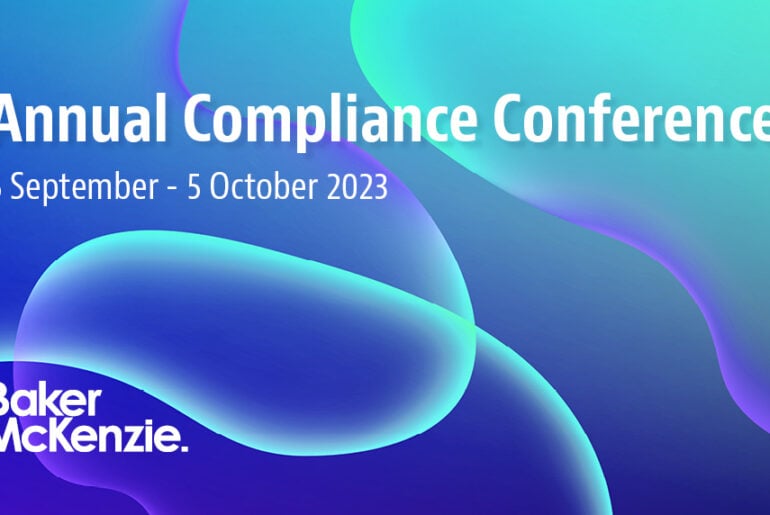Recently, many companies have been taking a closer look at their supply chains to confirm that suppliers are meeting certain standards and complying with internal corporate social responsibility (“CSR”) policies as well as external environmental, social, and governance (“ESG”) objectives or goals. This examination is being driven by stricter regulation and increased pressure from shareholders, consumers, employees, and other stakeholders in the business.
Companies looking for ways to ensure their supply chains are environmentally and socially ethical often doubt whether they can effect change alone. Companies in certain industries may decide that a joint initiative can be more effective in developing industry-wide standards, and may determine that working together could be more efficient to meet these goals or objectives. However, such collaborations may raise antitrust risks, and many competition authorities are starting to increase scrutiny of these types of collaborations.
Companies looking to engage in joint initiatives or projects to advance a more sustainable or ethical supply chain should be conscious that certain conduct can create antitrust risks, and may result in anticompetitive conduct:
- Ruse for cartel conduct. Competitors should not engage in sustainability agreements or collaborations that restrain trade. Companies should not enter into agreements to fix prices, allocate markets, rig bids, or limit output under the ruse of a pro-competitive justification to achieve a more sustainable or ethical supply chain.
- Information sharing. Exchanging sensitive business information with competitors to help assess supply chain issues can raise antitrust concerns. Companies should not engage in the exchange of commercially sensitive information, such as price, costs, production levels, business plans, or employee wages. Certain information exchanges could facilitate collusion and impede competition in that market.
- Performing audits on supply chain vendors and sharing audit results. Sharing results of a supplier audit with competitors could potentially raise antitrust concerns because some business audits may include commercially sensitive information. Discussions among competitors regarding any commercially sensitive information contained in any audit results are prohibited, and any coordinated conduct based on those discussions could also raise antitrust concerns.
- Implementing Mandatory Standards. Antitrust risk arises when there is joint collaboration on implementation of standards or mandatory practices, metrics, or norms. Companies should not enter into agreements to set mandatory standards; all standards must be voluntary and should not have the effect of blocking out competitors. Companies should always make independent decisions on whether and how to promote standards to address industry issues. Suppliers should be free to comply with or disregard these standards.
- Group boycott or refusal to deal. Companies must not participate in a group boycott, such as by refusing to engage with certain suppliers because they fail to comply with certain metrics or standards. Companies should not make a collective decision to terminate supplier relationships, refuse to deal, or discriminate against suppliers who refuse to comply with voluntary standards.
Consult with counsel when setting standards or norms for suppliers, especially when collaborating with competitors in developing those standards.






